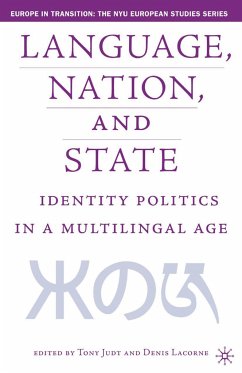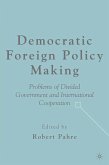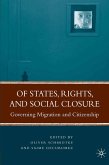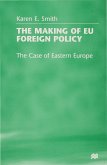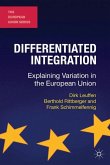This edited collection examines the role that language has played in forming modern European nations. With language an omnipresent issue within the European Union, the importance languages have played within the histories and present situations of member nations is a crucial topic. Drawing on an international cast of contributors, the book explores the issues of monolingualism vs. plurilingualism within individual nations, the revival of languages in nations such as former soviet republics, and concludes with a look at language in the electronic age.
"By contrasting linguistic diversity and language policies across societies, this fine collection provides a unique lens into the status of minorities at a time when multiculturalism is on many scholarly and political agendas. The essays will be of great value to anyone interested in the variable articulation between collective identities, nations, ethnicities, states, and rights."
- Michele Lamont, Harvard University, co-author of Comparative
Cultural Sociology: Repertoires of Evaluation in France and the United States
"This is a truly outstanding collection of essays on an important and timely subject. There are some outstanding monographs on particular countries, but this is a wide-ranging collection directed by two well- known scholars with an excellent comparative introductory essay. It covers France, the U.S.-California, Canada, Belgium, Switzerland, Serbo-Croatian, Eastern Europe, and Israel. Each of the essays is by a specialist and can be used - as I do in my own work - as a basic reference."
- Juan Linz, Yale University
- Michele Lamont, Harvard University, co-author of Comparative
Cultural Sociology: Repertoires of Evaluation in France and the United States
"This is a truly outstanding collection of essays on an important and timely subject. There are some outstanding monographs on particular countries, but this is a wide-ranging collection directed by two well- known scholars with an excellent comparative introductory essay. It covers France, the U.S.-California, Canada, Belgium, Switzerland, Serbo-Croatian, Eastern Europe, and Israel. Each of the essays is by a specialist and can be used - as I do in my own work - as a basic reference."
- Juan Linz, Yale University

